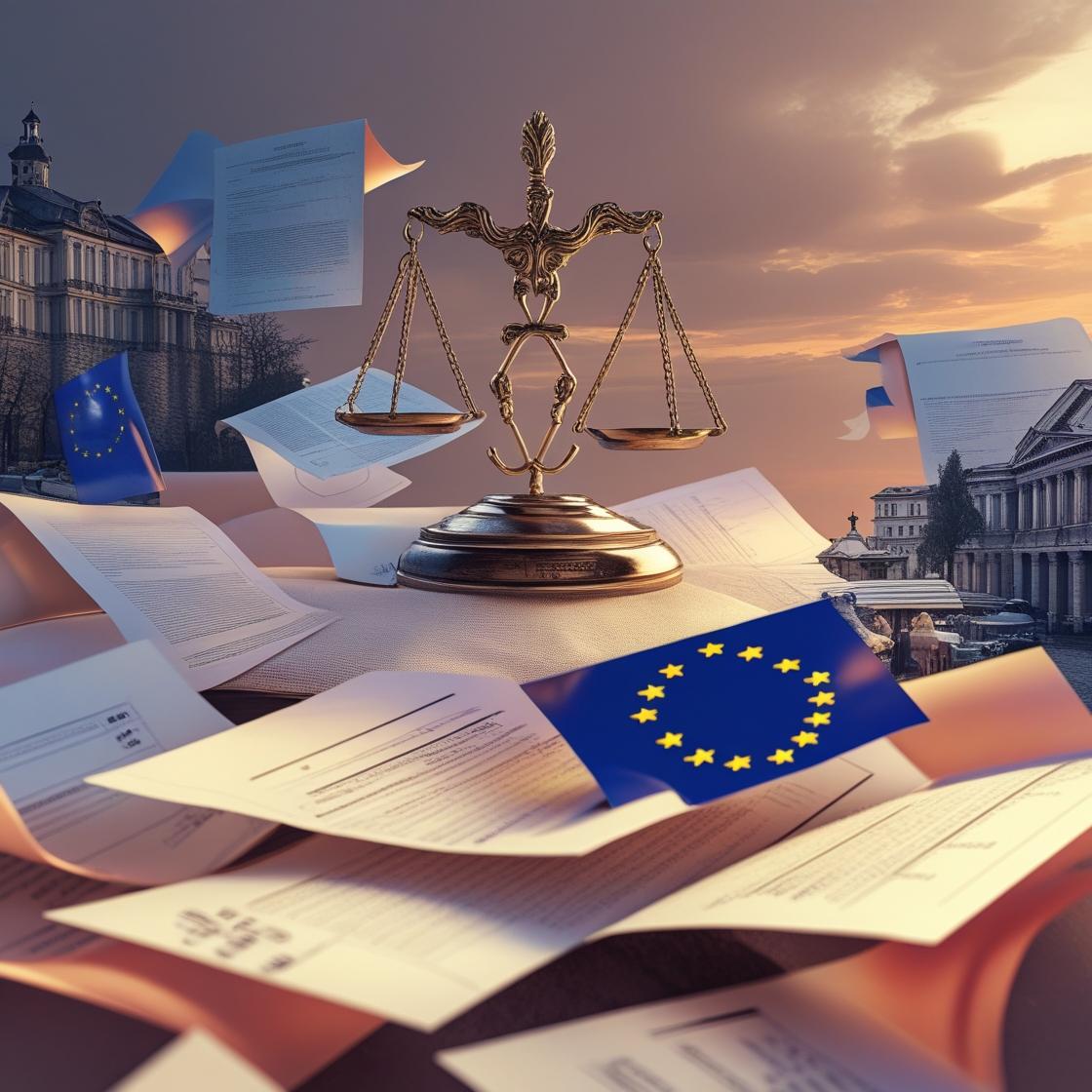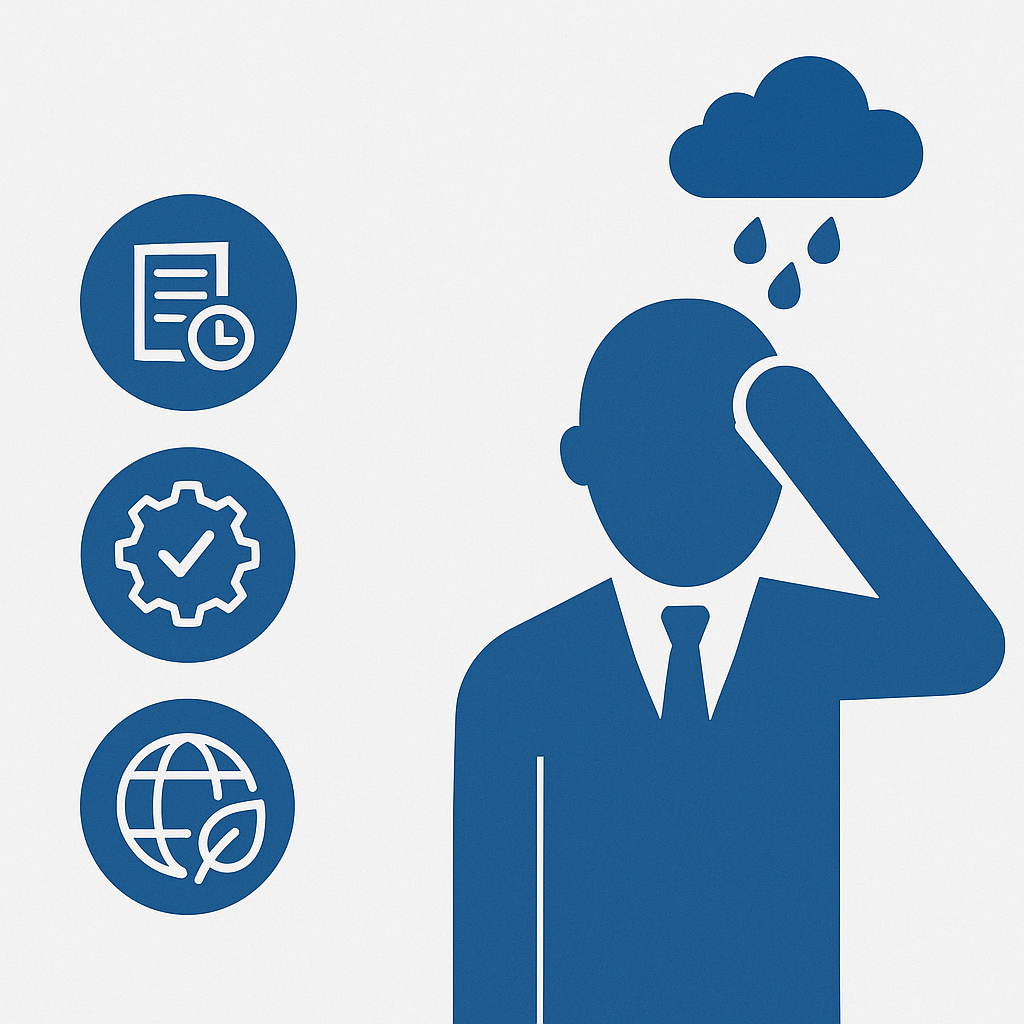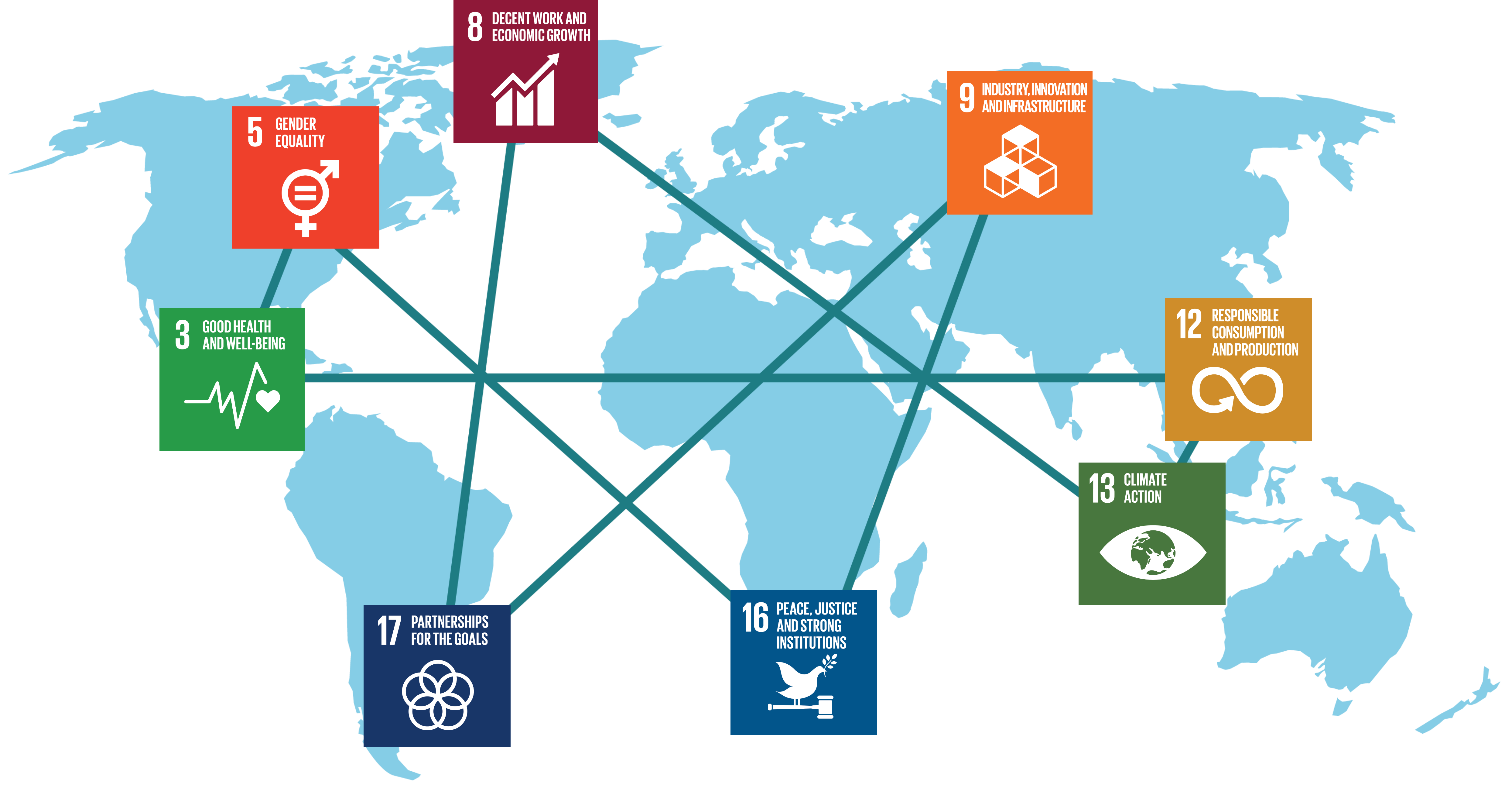

The global business landscape is changing. European markets, long known for their strict quality and safety standards, are now introducing tougher Environmental, Social, and Governance (ESG) regulations that impact every product and service that crosses their borders. For Sri Lankan exporters, this isn’t just another box to tick, it’s a new way of doing business that prioritizes ethical sourcing, environmental responsibility, and transparent supply chains.
If your company exports to Europe, understanding these new rules and adjusting your operations accordingly is no longer optional. It’s the key to protecting your market access, strengthening your business reputation, and staying competitive in an increasingly regulated environment.

Recent awareness sessions organized by the EDB and KPMG Sri Lanka have highlighted the seriousness of the situation. The introduction of laws like Germany’s Supply Chain Due Diligence Act and the broader EU Corporate Sustainability Due Diligence Directive means buyers in Europe will soon require detailed proof of ethical labor practices, environmental impact, and product traceability from their suppliers.
Local exporters have expressed growing concerns:
This pressure isn’t going away. If anything, it will intensify as more buyers demand transparency and verifiable ESG compliance from their global partners.

The good news is that Sri Lankan businesses don’t have to overhaul their operations alone. New digital solutions like Orixe, make it possible to streamline supply chain management and ESG tracking without drowning in emails or paperwork.
Key practices exporters should adopt include:
By integrating these actions into daily operations, exporters can meet new EU demands without excessive delays, extra staff, or increased stress.

Failing to adapt to these regulations could lead to significant consequences: lost contracts, damaged reputations, or being locked out of key European markets. Conversely, companies that proactively meet these ESG requirements can position themselves as trustworthy, responsible partners - a growing competitive advantage.
As Europe’s ESG regulations reshape the future of global trade, Sri Lankan exporters have a clear choice: respond reactively at the risk of falling behind or act proactively to meet these standards and secure their market position. With practical, digital-first strategies, it’s entirely possible to navigate this transition smoothly, maintaining both compliance and competitiveness without unnecessary hassle. It’s time to future-proof your exports.